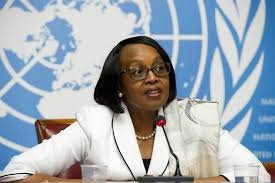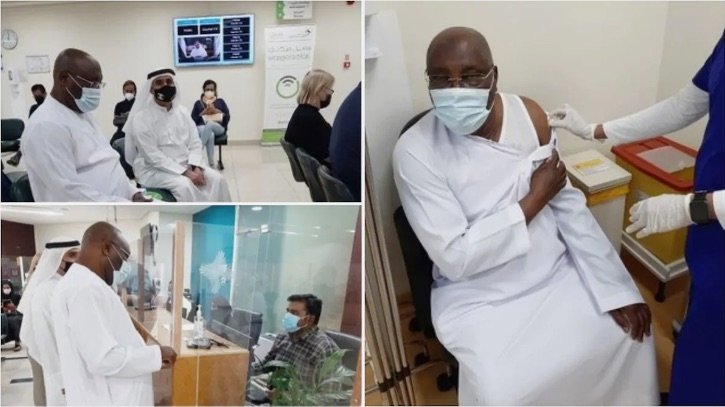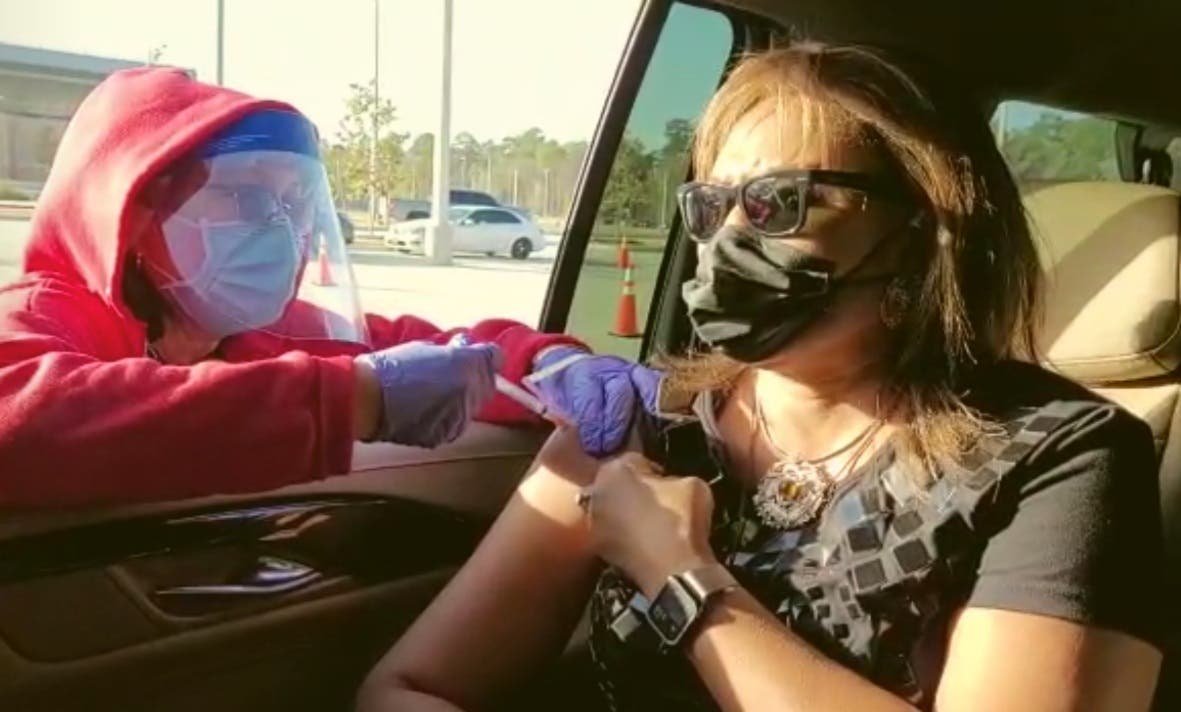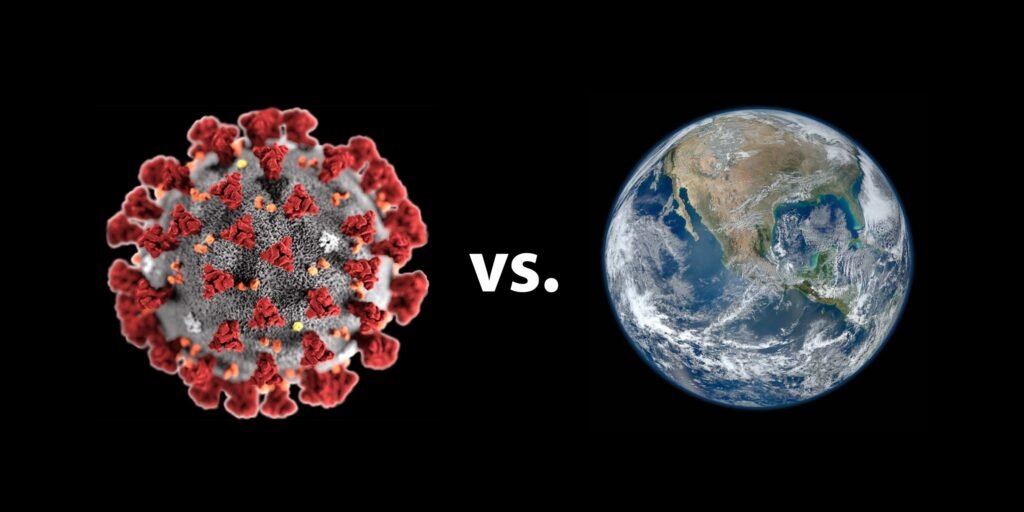For well over a year now, the bulk of conversations have revolved around the emergence and continued existence of COVID-19 and its impact on the whole world. With the second wave now sweeping across the planet, it has proved impossible for a day to pass without something to say about the pandemic.
In Nigeria, it is no news that the figures that have come with the second wave are not just great on paper, but also seem to carry a dark cloud of confusion, doubt, panic and uncertainty.
The scourge of COVID-19 in Nigeria
While the people desire to continue their normal lives and businesses, they are constantly warned by authorities about the severity of the second wave and possible infiltration of a new, more dangerous, variant of the virus in the country.
The people also have their doubts about the transparency of the authorities and there is a lingering uncertainty about what exactly should be done and when.
Recently, all State governors decided to clampdown on religious gatherings like vigils and crusades, but you get the feeling that perhaps there might not be enough monitoring to ensure compliance. The leaders are warning against defiance; the people perhaps simply want a normal life not laden with restrictions and stringent guidelines.
In Ebonyi State, the government has announced a ban on night clubs and drinking joints among other similar places in an effort to forestall the spread of COVID-19. The governor also directed complete enforcement of COVID-19 precautionary measures which include not more than two hours of worship on Sundays.
The State governor Dave Umahi is even working on local production of oxygen in a bid to cut the cost involved in fighting the pandemic. He also advised people to imbibe steaming at home in order to cleanse their systems, and he is also trying to beef up sensitization and supervision.
In Kano State, Governor Abdullahi Ganduje is threatening, not exactly acting. He called on the market community in the State to ensure that they strictly adhere to the COVID-19 protocols to avoid a fresh lockdown.
Even as he showed them a strong, stern arm of warning and discipline, he also extended an arm of love by contributing 100,000 face masks to the market community, while he called on them to also produce and distribute them to those in the market.
The market community through their leaders praised the efforts of the governor and his administration, but will that just be a public show? Will they actually heed the warnings or will we get an update of the shutdown of the markets in Kano before we know it?
COVID-19 vaccination and the African situation
Since the emergence of the vaccines being produced in America and Europe, there has been an increase in optimism that perhaps the end of this pandemic is in sight. But even as optimism grows, there is a growing sense of fear in Africa that we might not get access to it as we need to, and risk losing more lives before any real progress is made.
Apparently, the WHO shares these fears as they have warned that Africa is in danger of being left behind in COVID-19 vaccination as prices spike due to competition in other regions.
This warning was issued by the agency’s Regional Director for Africa, Dr Matshidiso Moeti. Moeti stated that Guinea was the only low-income country on the continent to have received doses, with only 25 people vaccinated so far.

According to her, Seychelles is the only country on the continent where a national COVID-19 vaccination campaign has started.
The African story is in stark contrast to wealthier continents where the vaccines had been administered in 50 nations so far.
Former Nigerian Presidential candidate, Atiku Abubakar was recently spotted in Dubai getting vaccination against COVID-19, while the wife of Anambra State governor, Veronica Obiano was seen doing the same in the United States of America. There is speculation that those two are not going to be the last of the wealthy and powerful to go abroad for their shots.
Does this mean that our leaders and those who should look after our wellbeing are only bothered about themselves? If all those who can afford to travel out of the country to get a vaccine go ahead and do it, what will be the fate of the ordinary Nigerian who can barely feed and struggles to earn a living?

Atiku Abubakar 
Veronica Obiano
In the words of Dr Matshidiso Moeti, “We first, not me first, is the only way to end the pandemic.” If we do not begin to really look at things this way and become selfless in all we do, then we might just have a very long way to go dealing with COVID-19.

